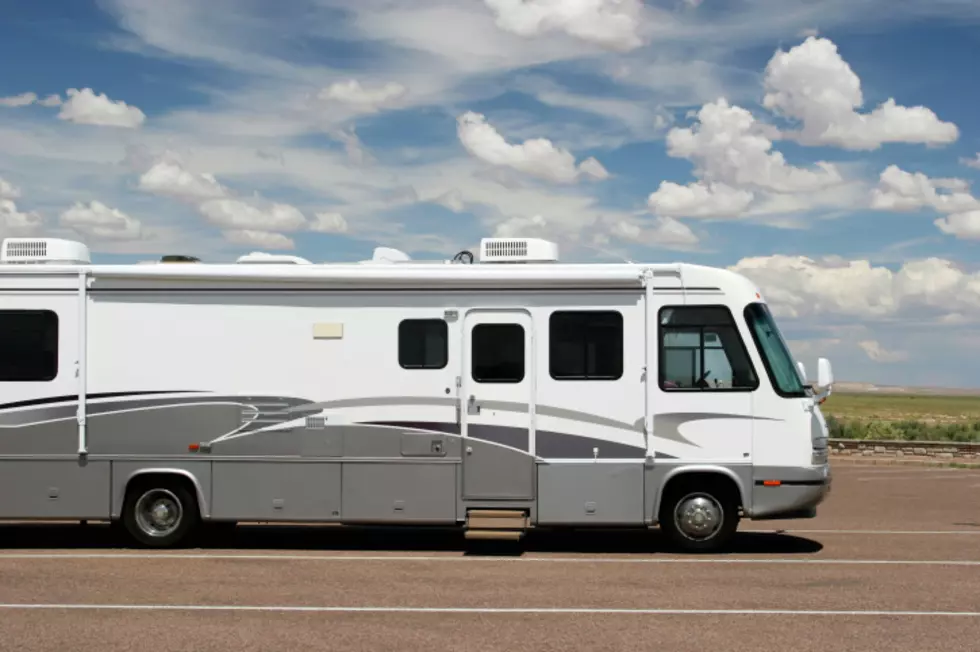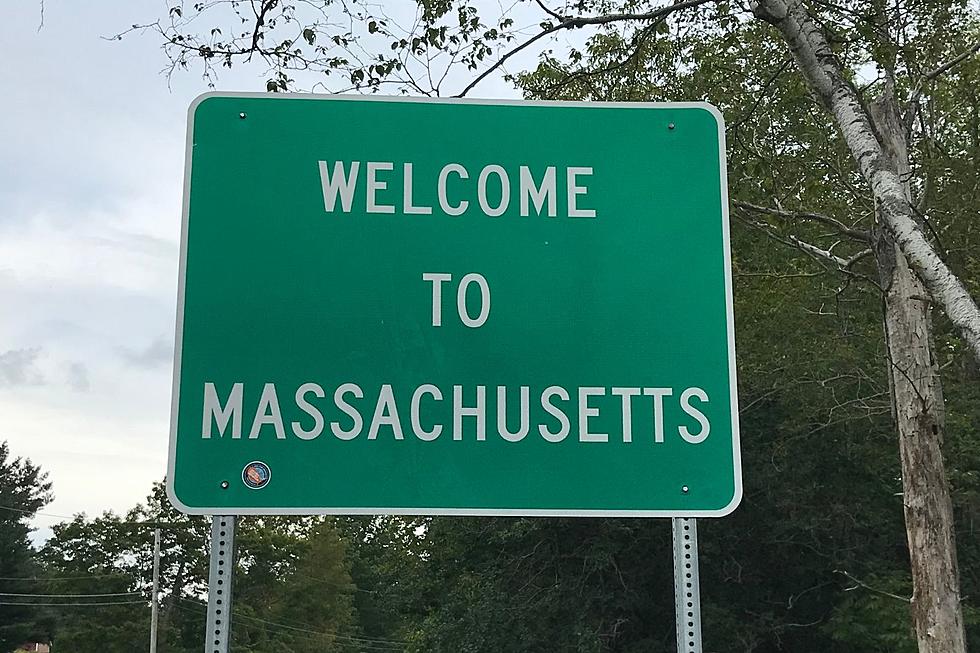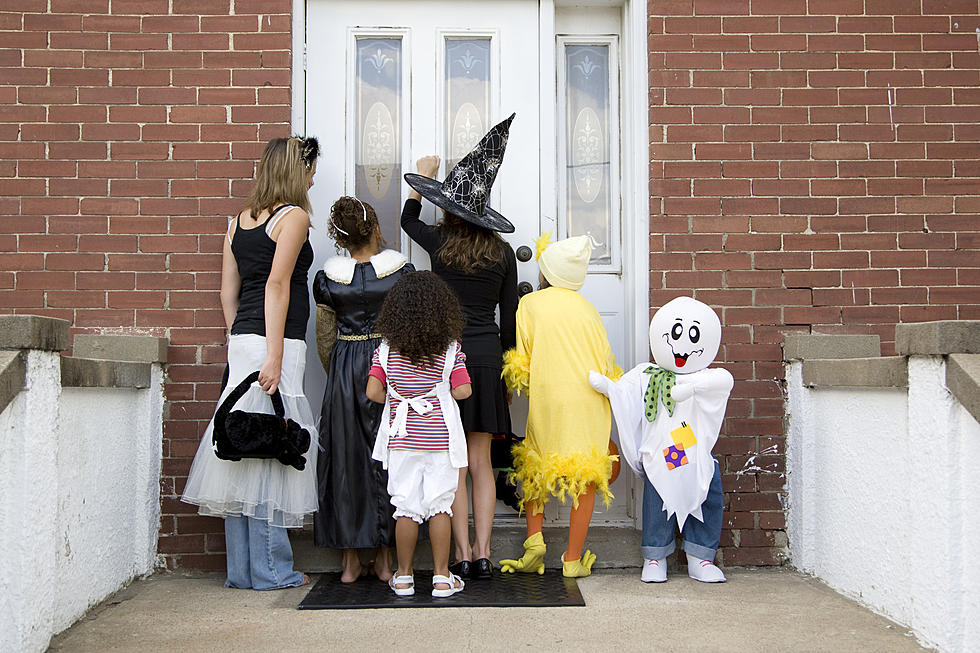
AAA Urges Caution As Popularity Of RV’s Soar
It’s the summer of the great American road trip, and according to AAA more and more people are taking to the highways in camper vans, motor homes, and all types of recreational vehicles. The recreational vehicle market is in high gear as vacationers seek to control their environment, maintain social distancing, and avoid contact with others on long road trips. Both sales and rentals of recreational vehicles are rising sharply.
But the benefits of traveling in an RV also carry a heightened responsibility to practice focused, attentive driving. Recreational vehicles are much larger and heavier than passenger cars, and they present a unique set of driving challenges, such as blind spots and limited maneuverability—especially for those who have little or no experience driving a camper or RV.
Unfortunately, crashes involving RVs are all too common. So, to help ensure that you and the other masters of the highway stay safe out there, AAA offers the following tips:
- You must be 21 years old to rent an RV, and in some states, you must be 25. If you are a novice RV driver, read the manual and practice driving before departing for your trip. Most states do not require special training or permits.
- RVs need significantly greater distance to stop. Don’t tailgate or follow vehicles too closely and allow plenty of braking distance. The gap between your RV and the car in front of you should be much larger than when driving a passenger car or truck.
- RVs need greater distance to turn, and right turns can be especially difficult. Avoid tight, busy intersections, and plan your route ahead of time to minimize tight turns in traffic. If the longer route has fewer turns, consider taking it! Check bridge clearance heights in advance as well, as well as any low overhangs along your route.
- RVs, loaded with people, camping gear, supplies and water, can be unbalanced and more challenging to drive. An unbalanced RV can make it harder to steer, brake and put uneven wear on the tires. Distribute weight as evenly as possible when loading up.
- Don’t speed! RVs should not be driven like passenger cars. Resist the temptation to speed and remember that the speed limit is a limit, not a fixed rule. If it ever feels unsafe to drive the speed limit on some roads, slow down!
- Share the driving. It’s tempting to push ahead and make good time, especially when you don’t have to check into a hotel. But drowsy driving is a real risk during long stretches of driving. Take frequent breaks and switch driving duties to stay refreshed.
- If you are renting an RV, do a safety check with the rental company and confirm the vehicle has been properly serviced and maintained with extra attention on the tires.
- Beware of high winds. Your vehicle’s higher center of gravity can make it vulnerable to rollover.
- Wear your seat belt: it cuts your risk of being injured in a crash almost in half.
- Carry an emergency kit with flares and reflective tape.
That's it! Now go have some fun!

More From WBEC AM









